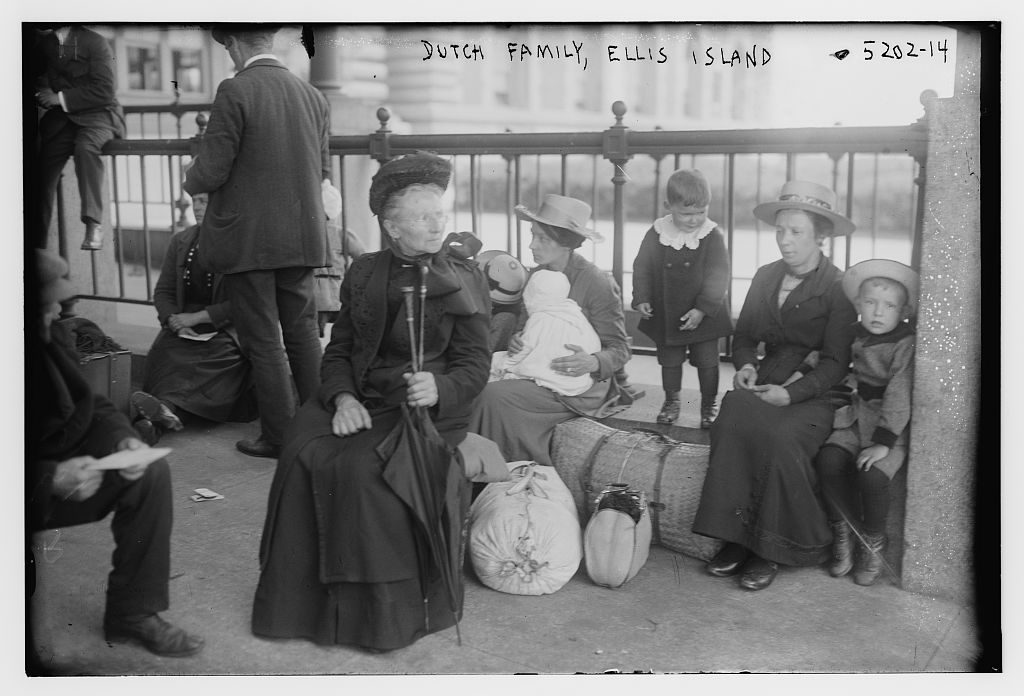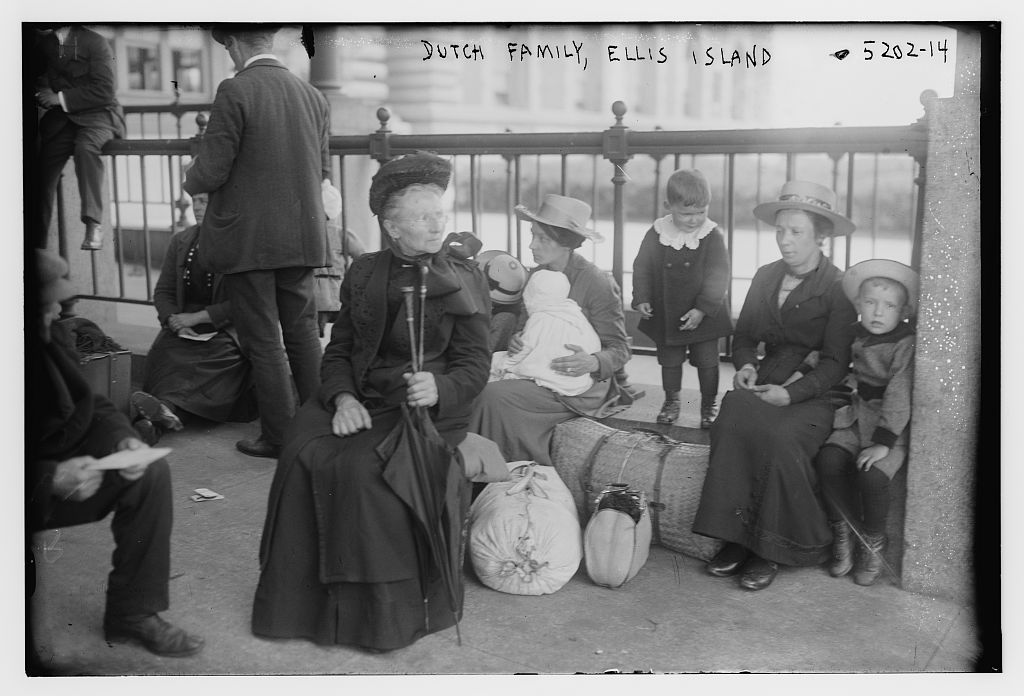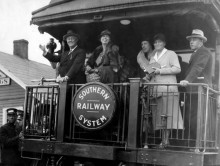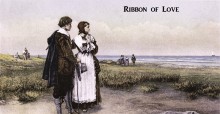The hyphen is a little sign used in the English language. It unites or joins two or more words, and their respective meanings to produce a third meaning resulting logically from the union.
American ancestors came from many countries to the United States at various times in history and over the years they proudly proclaimed their distinct heritage with hyphens such as Irish-American, Italian-French-American ancestry. Only Native Americans could truthfully say that their entire ancestry, both maternal and paternal, came from America.
“Back of the ‘hyphenated Americans’ nationalities, there seems to be a spirit of assumed superior American patriotism in those using it, incriminating others as un-American. This kind of work neither unites us as a nation nor makes us better Americans.”*
Our ancestors came from many countries to the United States for various reasons and at various times in our history. Immigration has been a major source of population growth and cultural change throughout much of the United States history. “In absolute numbers, the United States has a larger immigrant population than any other country, with 47 million immigrants as of 2015”1
All immigrants brought their languages, nationality, and culture with them to America. It often took many generations before they assimilated into the American way of life. Some became legal American citizens while others, usually the older generations, did not.
Nationality is different from citizenship. Legally, citizenship is a “right to have rights” in the United States and there are two primary ways this can be done – – through birthright or naturalization.
Definition of Citizenship from Wikipedia
“Citizenship is the status of a person recognized under the custom or law as being a legal member of a sovereign state or belonging to a nation. A person may have multiple citizenships.”
Definition of Nationality from Wikipedia
“Nationality is a legal relationship between an individual person and a state. Nationality affords the state jurisdiction over the person and affords the person the protection of the state. These rights and duties vary from state to state.”
The United States experienced waves of immigration during the colonial era, the first part of the 19th century and from the 1880s to 1920.
Hyphens were adopted to describe each group of immigrants as they arrived and gradually assimilated in American society. But the term ‘hyphenated American’ began to be used as a derogatory term as early as 1904.
In a speech from 1916, Teddy Roosevelt stated:
“There is no room in this country for hyphenated Americanism. When I refer to hyphenated Americans, I do not refer to naturalized Americans. Some of the very best Americans I have ever known were naturalized Americans, Americans born abroad. But a hyphenated American is not an American at all.”
Dutch family at Ellis Island 1901 (Library of Congress)
 Dutch family at Ellis Island 1901 (Library of Congress)
Dutch family at Ellis Island 1901 (Library of Congress)
Should hyphenated nationalities be dropped?
In some circles, the derogatory context of ‘hyphenated Americans’ that was created for political purposes in 1904, has penetrated our treatment of immigrants in the United States today.
Perhaps, there is a time when we should drop the hyphen and simply be identified as Americans with Irish, English, or another ancestry?
What do you think? Share your opinions in the comments below.
*Northern Review, Volumes 2-3 in 1916
1Wikipedia – “United Nations Population Division | Department of Economic and Social Affairs”. www.un.org. Retrieved October 3, 2017.






Especially when courthouses have burned down.
Just wondering where your Gay family came from. My maternal grandmother was a Gay—born in Tuscaloosa County, AL.
I’d love it if we could all just be Americans. But there’s too much racism in this country. So much hurt and anger and rejection based on skin color. The USA is referred to as a melting pot…but there’s way too many NOT melting and they’re ruining the recipe.
But what about all the invasions from Scandinavia, the Dutch and the French, not to mention the Romans?
Logically, there would be lineage back to those countries.
Grits were always a staple in our house as I grew up . I was taught that you did not waste food, but used it all in one way or another. Since I was born in 1927 , I was growing up during the Depression years , but was unaware if that . When there was left over grits from breakfast , my mother always put it into a pan spread it out flat and keep it covered in the refrigerator. For another meal she would slice it into sticks roughly an inch and a half wide and about an inch thick , then she would coat it sometimes in milk and then dip it in flour and fry it in a pan on top of the stove. It was really good that way and went well with either over light or scrambled eggs and bacon.
My ancestors came from England, Scotland. Ireland, Germany, France and maybe several other places al before the Revolutionary War. I guess that I could insist that I am “European -American” but that seems foolish. I am proud to just be an “American”
This is an interesting blog entry.
Genealogy research is harder in the United states. One nationality. Who is a true American?
Well, I was born in Birmingham, Alabama in 1942. By virtue of where I was born, I am an American. An Africanamerican, some of whose ancestors have been in the United States since the 18th century. A considerable number of my genetic relatives refuse to acknowledge both their African genetic heritage and their genetic connection to me. There is nothing to be proud of, being American. Its a product of fate. No one chose to be born here. Quite frankly, the piece to me, reeks of an “America is special” aura which it doesn’t deserve.